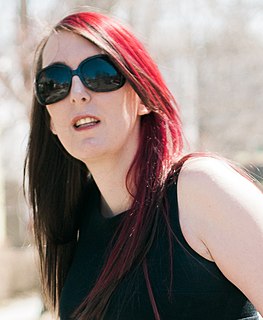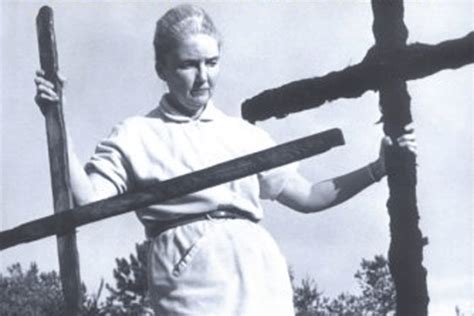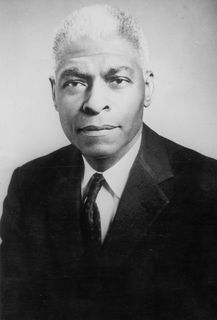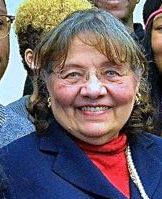A Quote by Brianna Wu
Even in the '80s and '90s, many white Southerners were still bitter about court decisions that required racial integration of the schools. It wasn't that they were outwardly opposed to white and black people attending school together, it was that the rulings threatened their proud identity as independent Southerners.
Related Quotes
The strange thing about my life is that I came to America at about the time when racial attitudes were changing. This was a big help to me. Also, the people who were most cruel to me when I first came to America were black Americans. They made absolute fun of the way I talked, the way I dressed. I couldn't dance. The people who were most kind and loving to me were white people. So what can one make of that? Perhaps it was a coincidence that all the people who found me strange were black and all the people who didn't were white.
There was a Yale even before Larry [Kramer] and I got there, and there were three designations of students: "white shoe," "brown shoe," and "black shoe." "White shoe" people were kind of the ur-preppies from high-class backgrounds. "Brown shoe" people were kind of the high school student-council presidents who were snatched up and brushed up a little bit to be sent out into the world. "Black shoe" people were beyond the pale. They were chemistry majors and things like that.
There were colored and white waiting rooms everywhere, from doctor's offices to the bus stations, as people may already know. But there were actually colored windows at the post office in, for example, Pensacola, Florida. And there were white and colored telephone booths in Oklahoma. And there were separate windows where white people and black people would go to get their license plates in Indianola, Mississippi. And there were even separate tellers to make your deposits at the First National Bank in Atlanta.
We had this terrible thing, this awful thing with 'Black and White' happened, where the design of 'Black and White' was actually... was hijacked by the fan sites. Because what happened is, there were so many fan sites on 'Black and White,' the hype on 'Black and White' was just ridiculously huge. It was completely out of our control.

































